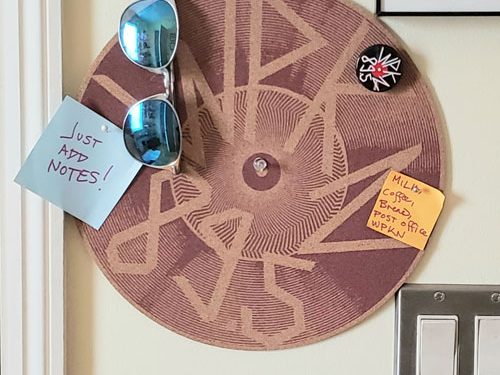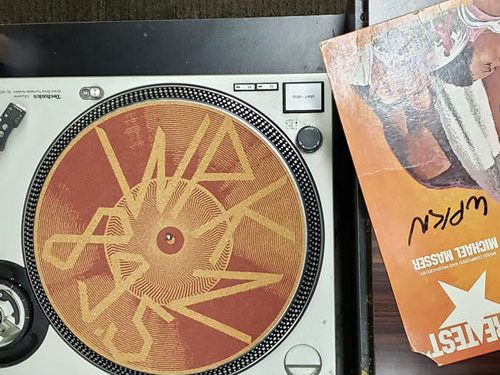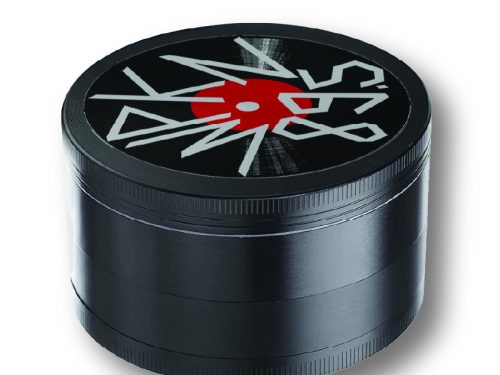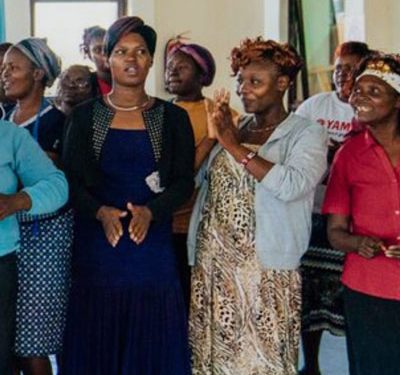-
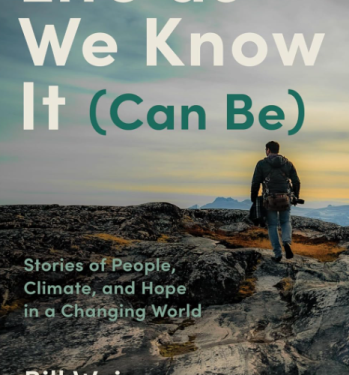 Award-winning journalist and CNN chief climate correspondent Bill Weir draws on his years of immersive travel and reporting to share the best ideas and stories of hope and positivity from the people and communities around the world who are thriving in the wake of climate change, and what we can learn from them to build a more promising future.
Award-winning journalist and CNN chief climate correspondent Bill Weir draws on his years of immersive travel and reporting to share the best ideas and stories of hope and positivity from the people and communities around the world who are thriving in the wake of climate change, and what we can learn from them to build a more promising future. -


The Greatest Radio Station in the World, a film by Cob Carlson
You are invited to a private pre-screening of the WPKN Documentary film in the privacy of your own home! "The Director's Cut" with a run time of 2:20 minutes. WPKN will send your unique access code by email within 48 hours for "The Greatest Radio Station in the World" on Vimeo. The access code is good for 6 months, but once you activate it, you have a window of 72 hours to watch the film. $50 Pledge = Movie -
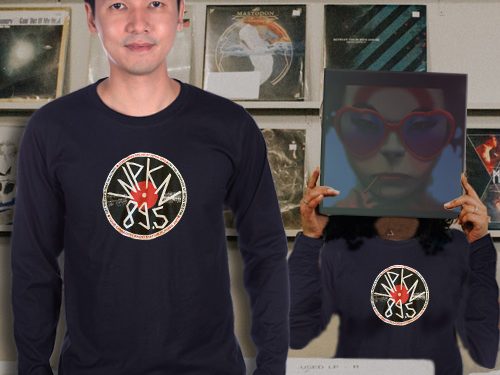
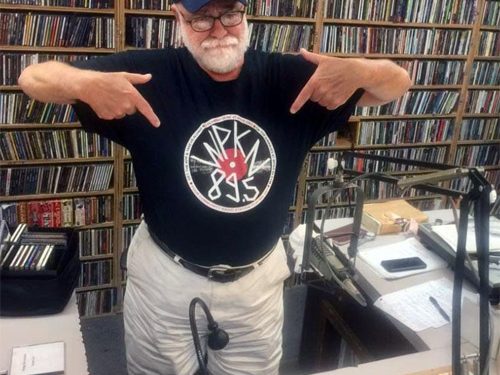 Short Sleeve WPKN Record Logo (designed by Martha Willette Lewis) in Black - 100% Ring-spun, Cotton T-Shirt. This shirt is unisex and has Short Sleeves, please indicate desired size in the comments section. True to size- order one size larger if in doubt. Available in: Small, Medium, Large, X-Large, 2X-Large
Short Sleeve WPKN Record Logo (designed by Martha Willette Lewis) in Black - 100% Ring-spun, Cotton T-Shirt. This shirt is unisex and has Short Sleeves, please indicate desired size in the comments section. True to size- order one size larger if in doubt. Available in: Small, Medium, Large, X-Large, 2X-Large


